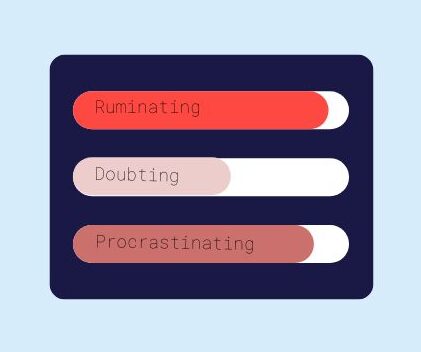
Our emotional reactions to other people provide us with important information on what is happening around us. It helps us attend to threats in our environment and prepare us for action. It brings complexity and colors to our lives. However, when our emotions become so overwhelming, we sometimes begin to treat them more than signals and begin to relate to them as rigid facts of the world. We begin to create stories about our emotional experience. For example, if i feel incompetent, then I must be a failure. If I am angry, it must be other’s fault. If I am sad, it is because I am not loved and that i am alone. In turn, these rigid beliefs can further intensify our emotional reactions and lead us to live our lives at the mercy of our emotions.
If you find that your emotions continue to intensity regardless of what you do, here is an exercise that can help you learn to slow down and manage your emotions more effectively.
First, think of a recent emotional reaction that you would like to explore. On a sheet of paper, respond to the following questions.
1. What is the name of this emotion that you were experiencing?
2. Rank the intensity of this emotion felt from 0 -100, with 100 being the most intense.
3. What started this emotion (including who, what, when, and where was the emotion prompted?
4. What are your personal interpretation of the emotions? (include assumptions, thoughts, and urges that you might have)?
5. Check in with your body. What are you feeling in your body.
6. What does the emotion want you to do? What does the emotion want you to say?
7. What is the emotion trying to tell you?
Remember, you are not your emotions. Emotions are infernal expression to what is going around you. How we feel is only an aspect of our who we are. It is not how we feel but how we think about them and respond to them that can be hurtful. Set aside times throughout the day to check in with yourself using the exercise above.







